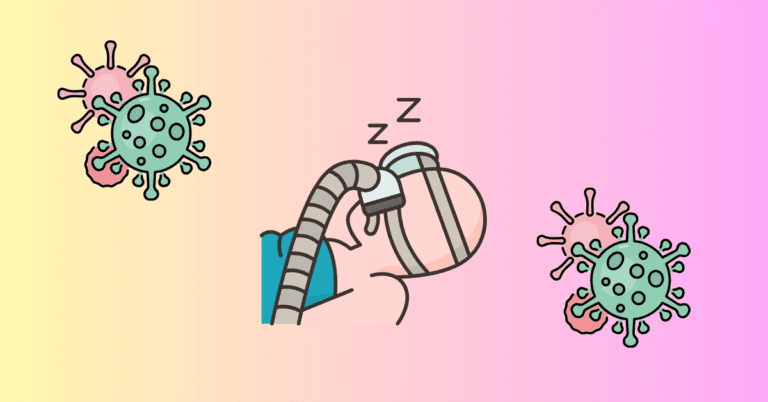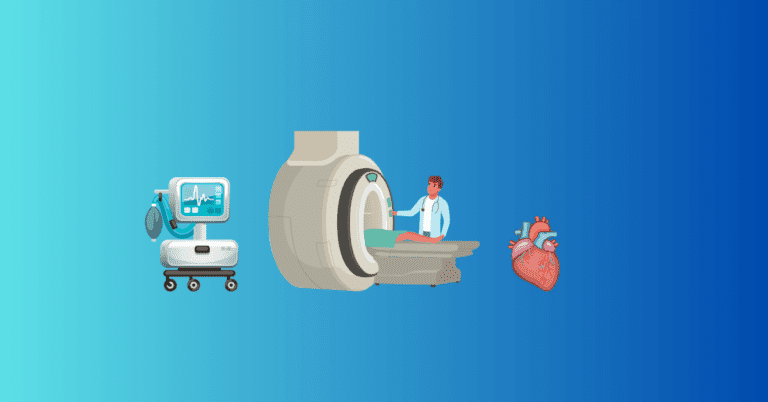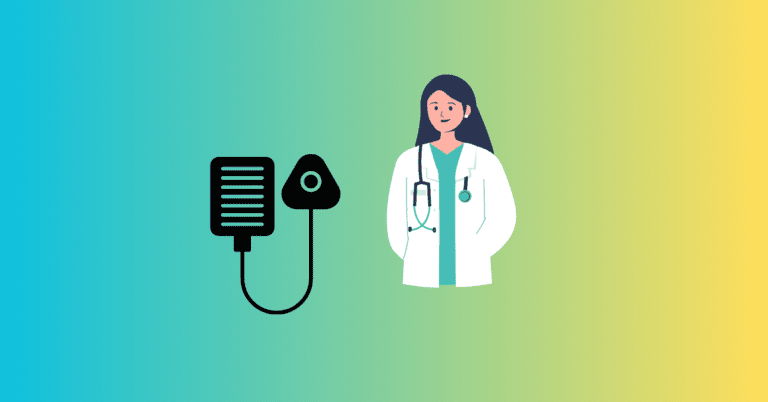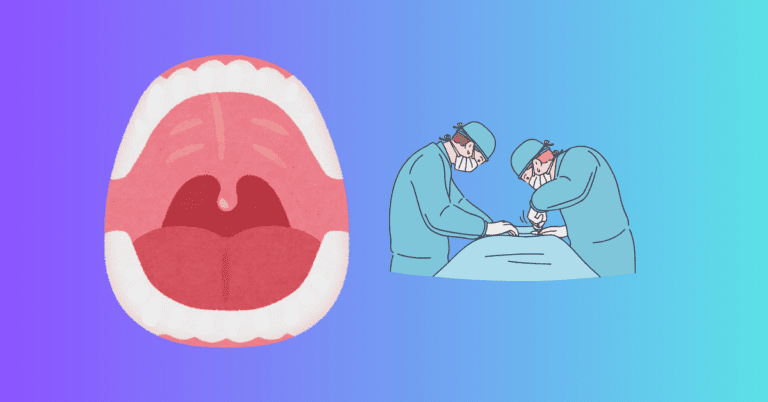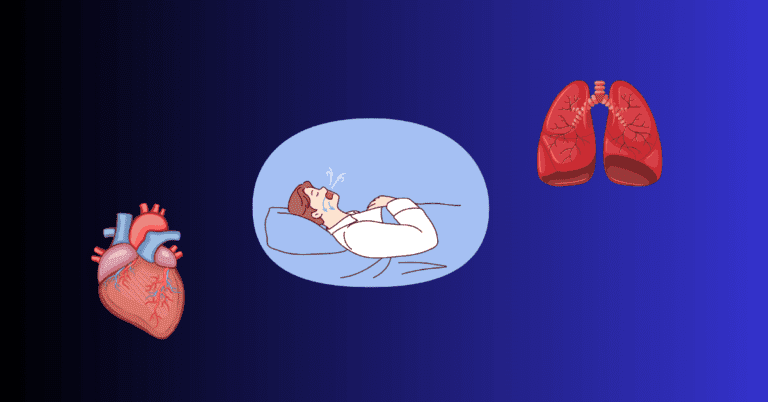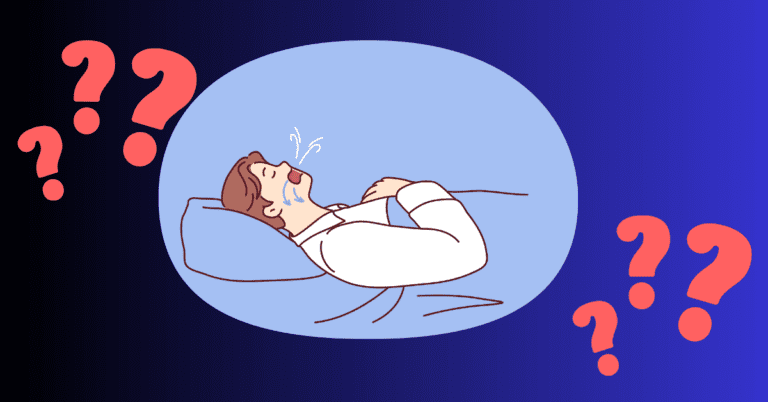Can You Die from Sleep Apnea?
Jeremy Smith is a long-term CPAP user and sleep apnea advocate. After being diagnosed with severe obstructive sleep apnea, he created ByJeremySmith.com to help others navigate CPAP therapy through personal stories, gear reviews, and practical advice.
Sleep apnea is often brushed off as nothing more than a condition that causes snoring or disrupted sleep.
But the truth is, sleep apnea is a serious health issue with potentially life-threatening consequences if left untreated.
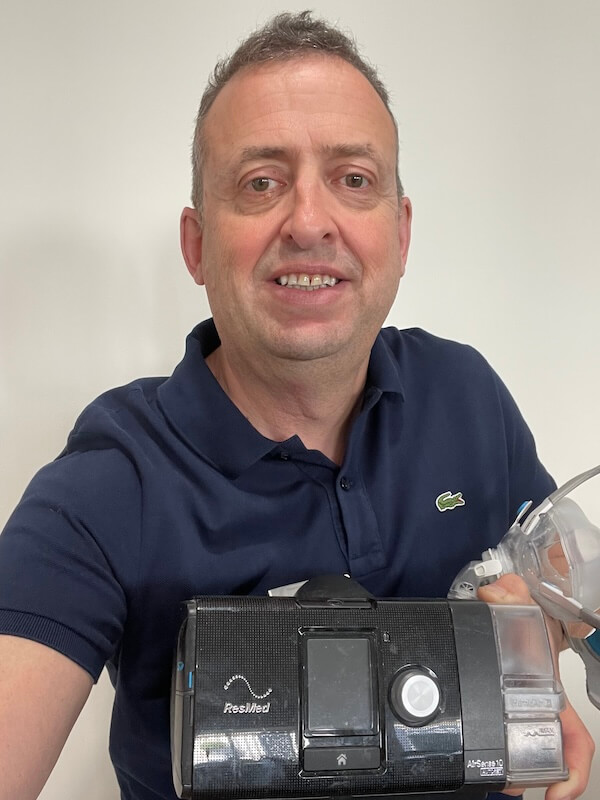
As someone who has experienced severe obstructive sleep apnea firsthand, I know how disruptive it can be to daily life—and how dangerous it can become if ignored.
One of the most significant improvements I’ve noticed since starting CPAP therapy is that my migraines have completely disappeared, and I’ve learned how much of a difference proper treatment can make.
In this article, we’ll explore whether sleep apnea can be fatal, its risks, and how treatment can drastically improve your sleep, overall health, and longevity.
What Is Sleep Apnea?
Sleep apnea is a sleep disorder where your breathing is repeatedly interrupted throughout the night.
These interruptions, known as apneas, occur when the airway becomes blocked, preventing airflow into the lungs. Each apnea lasts at least 10 seconds, and in severe cases, like mine, they can happen dozens or even hundreds of times a night.
Sleep apnea can leave you feeling exhausted, foggy, and frustrated—but its impact goes far beyond daytime sleepiness.
There are two main types of sleep apnea:
- Obstructive Sleep Apnea (OSA): This is the most common form and occurs when the throat muscles relax too much, blocking the airway.
- Central Sleep Apnea (CSA): Less common; CSA happens when the brain doesn’t send the right signals to the muscles that control breathing.
In my case, I was diagnosed with severe obstructive sleep apnea, which caused frequent apneas and hypopneas throughout the night. I struggled with daytime fatigue, mood swings, and migraines.
It wasn’t until I started CPAP therapy that my health improved, and those debilitating headaches finally disappeared.
Can You Die from Sleep Apnea?
While sleep apnea itself may not directly cause death, its effects can contribute to life-threatening conditions over time. When left untreated, sleep apnea increases the risk of several serious health problems, including:
- Heart disease: Repeated drops in oxygen levels can strain the cardiovascular system, leading to high blood pressure, arrhythmias, and an increased risk of heart attacks.
- Stroke: Sleep apnea is linked to a higher risk of strokes, as it contributes to poor blood flow and damages blood vessels.
- Sudden cardiac death: Severe untreated sleep apnea can increase the risk of sudden cardiac death, especially in people with pre-existing heart conditions.
- Type 2 diabetes: Sleep apnea is associated with insulin resistance, making it more likely for someone to develop type 2 diabetes.
- Accidents: People with sleep apnea are more likely to experience drowsiness during the day, increasing the risk of accidents, especially while driving.
While sleep apnea may not be a direct cause of death, the long-term health consequences can significantly shorten life expectancy if untreated.
These risks were a major wake-up call for me. I had been living with constant fatigue and headaches, unaware of the potential dangers lurking beneath the surface.
I thought I was just a loud snorer!
My Experience: Migraines and Fatigue Before Treatment
Before my diagnosis, I suffered from frequent migraines that would knock me out for hours at a time.

I never connected them to my sleep. But once I started CPAP therapy, it became clear that the lack of oxygen during sleep was likely triggering those headaches.
My oxygen levels were dropping so frequently during the night that my body was constantly stressed.
I remember waking up some mornings with a pounding headache, feeling like my head was going to explode. This would cripple me for my entire day, making it hard to concentrate and function.
It wasn’t until I began CPAP therapy that I noticed a complete transformation. My migraines disappeared, my energy levels improved, and I could finally enjoy a full night of restful sleep.
I felt like I had more energy at 50 than when I was 30.
How Sleep Apnea Affects the Body
During an apnea episode, your body is deprived of oxygen, which forces your heart to work harder to pump blood.
These frequent drops in oxygen levels, known as hypoxemia, stress the cardiovascular system. The brain also responds by sending out stress signals, which can trigger high blood pressure and lead to long-term damage.
Each time your breathing stops, your body goes into “fight or flight” mode, causing a surge in adrenaline. Over time, this constant state of stress takes a toll on your organs and immune system.
Untreated sleep apnea increases your risk of developing chronic conditions like heart disease and stroke, which can be fatal if not properly managed.
The Importance of Early Diagnosis and Treatment
For me, the key to turning my health around was getting an early diagnosis and starting CPAP therapy right away.
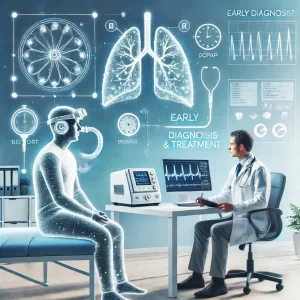
Without treatment, I likely would have continued down a path of worsening health issues, including more frequent migraines, increasing fatigue, and potential heart problems.
Fortunately, CPAP therapy improved my sleep quality, eliminated my migraines, and restored my energy.
Treatment for sleep apnea usually begins with a sleep study, during which doctors measure how often breathing is interrupted during sleep.
Based on these results, your doctor may recommend a CPAP machine, an oral appliance, or lifestyle changes to improve your condition.
In more severe cases, surgery may be considered to correct structural issues in the airway.
CPAP Therapy: A Lifesaver
For those with moderate to severe sleep apnea, CPAP (Continuous Positive Airway Pressure) therapy is often the most effective treatment.
A CPAP machine keeps your airway open by delivering a continuous stream of air through a mask while you sleep. This prevents apneas, which cause drops in oxygen levels, allowing for uninterrupted sleep.
Once I started using my CPAP machine, the difference was night and day. The migraines that had plagued me for years vanished. I woke up feeling rested and energized, and my mood improved dramatically. CPAP therapy literally gave me my life back.
For others, lifestyle changes like losing weight, avoiding alcohol before bed, and changing sleep positions can also reduce symptoms. But for people with severe sleep apnea, CPAP therapy can be a lifesaving treatment that significantly improves quality of life and long-term health.
Conclusion: Can Sleep Apnea Be Fatal?
While you’re unlikely to die directly from sleep apnea, the condition can have serious and even fatal consequences if left untreated. Sleep apnea increases the risk of heart disease, stroke, and other life-threatening conditions that can significantly reduce your life expectancy.
In my case, sleep apnea was affecting my health in more ways than I realized. Not only did it rob me of energy and mental clarity, but it also triggered migraines that left me debilitated.
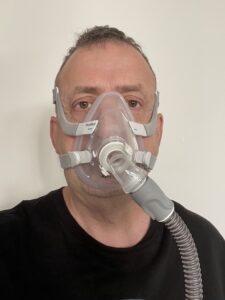
Thanks to CPAP therapy, I’ve seen a complete turnaround in my health, and I no longer suffer from the daily headaches and fatigue I once did.
If you suspect you have sleep apnea, don’t wait—seek out a diagnosis and start treatment. It could save your life, just as it saved mine.
Do you have any comments or stories about how sleep apnea can affect your life? If so, please leave them in the comments section below.
Disclaimer: The content on this blog is for informational and educational purposes only and is not a substitute for professional medical advice. Always speak with your doctor or sleep specialist before starting, stopping, or changing any treatment or therapy related to sleep apnea or CPAP use.
